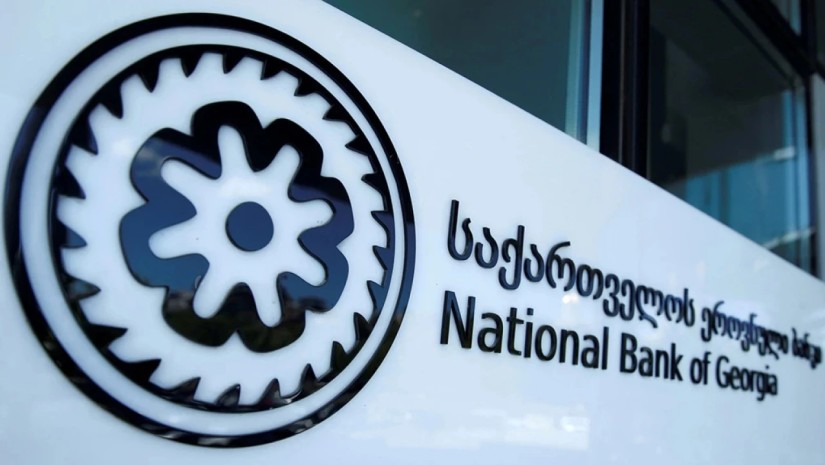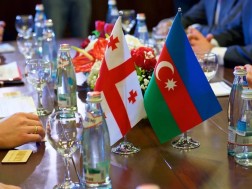Tbilisi (GBC) - The renowned British publication Capital Finance International has published an article titled "Unveiling Georgia’s Economic Potential: Strengths, Challenges, and Opportunities." The article explores the Georgian economy, highlighting the reforms implemented in the country and examining the pivotal role played by the National Bank of Georgia.
Strength in Stability: The Role of the National Bank of Georgia
“The National Bank of Georgia (NBG) has been implementing efficient monetary policy and ensures financial stability. By implementing effective monetary policies and timely interest rate adjustments, the NBG has successfully anchored inflation expectations while fostering a conducive environment for business and consumer confidence. Despite global inflationary pressures, Georgia’s inflation rate was brought down from 11.9 percent on average in 2022 to just 2.5 percent in 2023 and 1.1 percent in 2024. Since March, 2023 inflation is maintained well below the 3 percent target-a testament to the NBG’s proactive approach.
The bank has also taken significant steps to bolster financial stability. Georgia’s banking sector remains resilient, with adequate liquidity and well-capitalised institutions. Additionally, initiatives like the development of a green bond market highlight the NBG’s commitment to sustainable growth. Georgia’s first corporate green bond issuance in 2022-focused on renewable energy projects-is a prime example of how financial innovation is being leveraged to enhance economic sustainability.
Furthermore, the NBG has significant achievements in reducing the vulnerability of the financial sector to foreign currency fluctuations and external shocks. Since 2017, the NBG has implemented robust macroprudential measures to decrease the dependence on foreign currency fluctuations. To that end, the NBG has progressively increased the limits on unhedged foreign currency loans on several occasions.
These efforts have considerably reduced the share of foreign currency loans from 80% in the early 2010s to approximately 43% today. Similarly, the share of foreign currency deposits, which stood at comparable levels in the early 2010s, has decreased to 52%. Consequently, Georgia's financial sector has become more resilient to external shocks.
The NBG and Georgian financial institutions, as it has been many times underlined by the respective feedbacks and assessments of international partners, act fully in accordance with the financial sanctions imposed on the Russian Federation/Belarus by the United States and other respective parties.
Over the last years, the NBG has implemented a comprehensive regulatory and supervisory framework aimed at combating money laundering and terrorism financing (AML/CFT) in Virtual (Crypto) Assets Sector. As a result, in 2024 the Council of Europe’s Committee of Experts on the evaluation of Anti-Money Laundering Measures and the Financing of Terrorism (MONEYVAL) has positively assessed the measures taken by the National Bank of Georgia to prevent money laundering and terrorism financing (AML/CFT). This assessment has elevated Georgia’s compliance with Recommendation 15 of the Financial Action Task Force (FATF) from “Partially Compliant” to “Largely Compliant”, making it one of only seven MONEYVAL CoE member states to achieve this rating,” states the article.
Capital Finance International (CFI.co) is a quarterly magazine and online resource that actively covers business, economic, and financial topics. Founded 12 years ago, CFI.co is headquartered in London and operates with an experienced editorial team. The print version of the publication is distributed at major international forums such as the World Economic Forum in Davos, OECD conferences, the Annual Investment Meeting (AIM) in Dubai, Opal Group investor conferences, the World Investment Forum, and others. Each quarterly print edition of CFI.co reaches an average of 186,000 readers, while its online platform garners approximately 410,000 views per month.




















